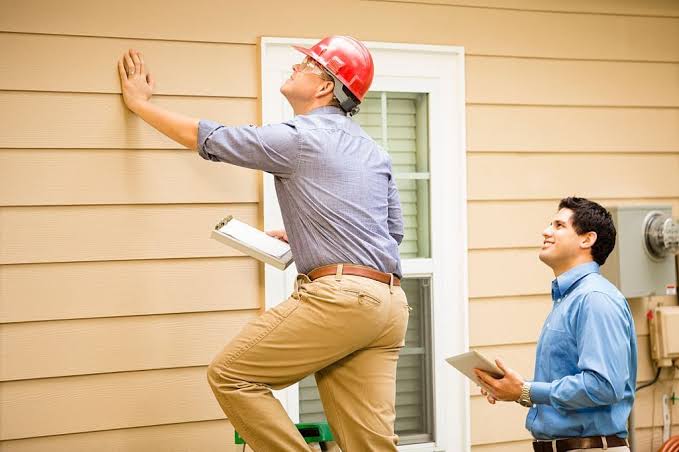When it comes to purchasing or maintaining a property, a building inspection is an indispensable step that shouldn’t be overlooked. Whether you’re a prospective homeowner, a real estate investor, or a property manager, understanding the ins and outs of building inspections can save you time, money, and a lot of headaches down the line.
Why Building Inspections Matter
A building inspection is a thorough examination of a property’s structural integrity and overall condition. It assesses everything from the foundation and roofing to electrical systems and plumbing. The primary goal is to identify any existing or potential building defects that could pose safety risks or lead to costly repairs.
Ignoring these defects isn’t just a gamble with your finances; it’s a risk to the safety of the occupants. Structural weaknesses, faulty wiring, or hidden mold can lead to serious accidents or health issues. Therefore, a professional building inspection acts as a safeguard, providing you with detailed insights into the property’s condition.
Common Building Defects Uncovered
Building defects can range from minor cosmetic issues to significant structural problems. Some of the most common defects found during inspections include:
- Foundation Cracks: These can indicate serious structural issues that may compromise the building’s stability.
- Roofing Problems: Leaks, missing shingles, or poor insulation can lead to water damage and energy inefficiency.
- Electrical Hazards: Outdated wiring or overloaded circuits pose fire risks and need immediate attention.
- Plumbing Issues: Leaky pipes or poor drainage can cause water damage and mold growth.
- Pest Infestations: Termites and other pests can wreak havoc on wooden structures, leading to extensive damage.
Identifying these issues early on allows you to address them proactively, potentially saving thousands in repair costs.
The Benefits of Professional Building Inspections
Hiring a qualified building inspector offers numerous advantages:
- Unbiased Evaluation: Professional inspectors provide an objective assessment, free from emotional attachment to the property.
- Comprehensive Reports: You’ll receive detailed documentation of all findings, which can be crucial for negotiations or future maintenance plans.
- Expert Recommendations: Inspectors can advise on the severity of defects and suggest the best course of action for repairs.
- Peace of Mind: Knowing the true condition of a property allows you to make informed decisions confidently.
Understanding the Inspection Process
The building inspection process typically involves several key steps:
- Pre-Inspection Agreement: This outlines the scope of the inspection, including areas to be examined and any limitations.
- On-Site Examination: The inspector conducts a visual assessment of the property’s accessible areas, using specialized tools as needed.
- Documentation: Notes, photographs, and measurements are taken to record any findings.
- Reporting: A comprehensive report is compiled, detailing all observed defects and potential issues.
- Consultation: The inspector may discuss the report with you, highlighting critical areas and answering any questions.
Choosing the Right Building Inspector
Selecting a qualified inspector is crucial for a reliable assessment. Here are some tips to consider:
- Credentials: Ensure the inspector is licensed and certified by relevant industry bodies.
- Experience: Look for professionals with a solid track record and expertise in the type of property you’re dealing with.
- Reputation: Read reviews or ask for referrals to gauge the inspector’s reliability and professionalism.
- Insurance: A reputable inspector should carry professional indemnity insurance to protect against potential oversights.
Taking Action on Building Defects
Once you’ve identified building defects through a professional inspection, it’s essential to address them promptly. Whether it’s negotiating repairs with the seller, budgeting for future maintenance, or undertaking immediate fixes, acting on the inspection report’s findings is key to safeguarding your investment.
For expert guidance and comprehensive building reports, consider reaching out to professionals who specialize in identifying and resolving building defects. Their expertise can provide you with tailored solutions to ensure your property remains safe and structurally sound.
Final Thoughts
Building inspections are more than a mere formality; they’re a critical component of responsible property ownership and investment. By thoroughly assessing a property’s condition, you protect not only your financial interests but also the well-being of its occupants. Don’t underestimate the power of a detailed building inspection—it’s a small step that can make a significant difference in the long run.
Keep an eye for more latest news & updates on Gossips!




